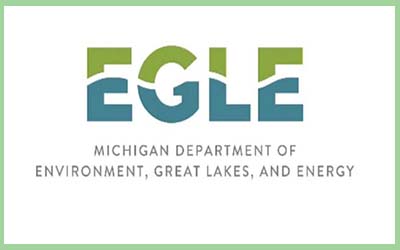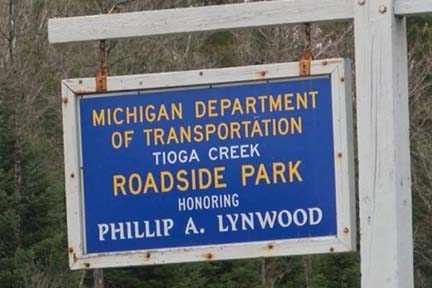| For immediate release: April 22, 2025
Media contact: Lynsey Mukomel, 517-290-1734
Celebrate Earth Day the Right Way with Helpful Tips from MDARD
LANSING, Mich. – In celebration of Earth Day today, the Michigan Department of Agriculture and Rural Development (MDARD) is offering Michiganders tips to improve the health of their gardens, their lawns and the broader environment.
“This Earth Day, MDARD invites all Michiganders to join us in protecting the natural resources that make our state a great place to live,” said MDARD Director Tim Boring. “Small but meaningful actions like planting a variety of species and using pesticides and fertilizer responsibly can help ensure a more sustainable future for Michigan.”
Regenerative practices are some of the best methods to build healthy soil and maximize water retention in lawns and gardens. More specifically, homeowners and gardeners can:
- Maximize biodiversity – Planting a variety of plants can provide food and habitat for local wildlife, attract pollinators and other helpful insects and reduce the need for pesticides by keeping pests in check.
- Maintain living roots – Choosing perennial plants that grow back every year promotes soil health and reduces the need for replanting.
- Keep soil covered and undisturbed – Using mulching materials can preserve moisture and prevent excessive tilling.
Although pesticides and fertilizer can help maintain lawns and gardens, improper use can contaminate water and damage the environment. Michiganders who use these tools should:
- Test the soil – Using too much fertilizer can harm plants and contaminate water. Soil and plant tissue testing can help determine whether and which fertilizer should be applied.
- Read labels carefully – Always follow the application rates, timing and safety instructions printed on the product label.
- Use alternatives to pesticides – Instead of using only pesticides, adopt integrated pest management practices such as removing food sources or shelter and addressing points of entry into spaces where pests are not wanted.
- Only apply when it’s dry – Applying pesticides or fertilizer before a rainstorm increases the risk of runoff, which can pollute water sources.
- Practice safe disposal – Never pour unused chemicals in the trash or down the drain. Visit MDARD’s Clean Sweep website and contact your local waste facility for safe disposal guidance.
For more information about improving soil health, planting native species and safe pesticides and fertilizer use, visit www.michigan.gov/mdard or follow MDARD on Facebook, Instagram or X. |



 Anglers should note that in Upper Peninsula waters, the walleye and northern pike possession seasons open Thursday, May 15.
Anglers should note that in Upper Peninsula waters, the walleye and northern pike possession seasons open Thursday, May 15.









